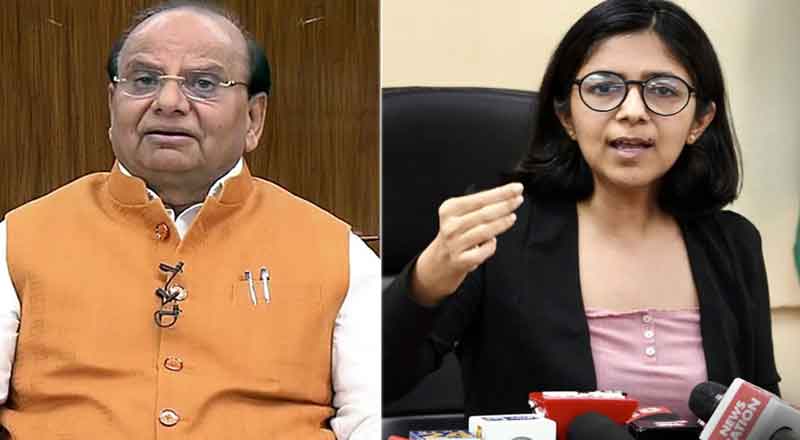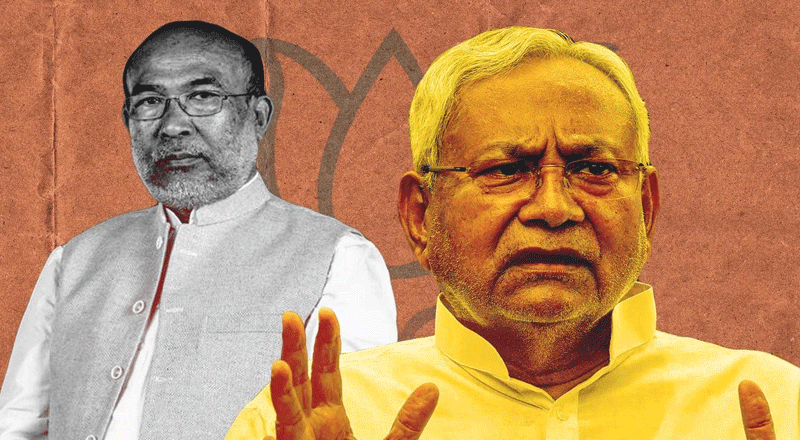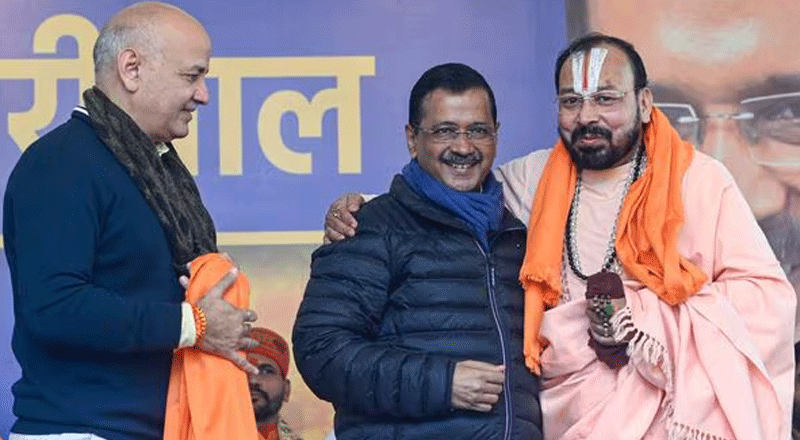- 40 Posts, 223 Hired: Lt Governor’s Big Crackdown on Delhi Women Panel.
- The Lieutenant Governor’s office, citing breaches of the Delhi Commission for Women Act, revealed that these appointments were made without the requisite approval.
- Furthermore, the order highlights disparities in the emoluments of some incumbents, pointing to arbitrary and substantial increases in salaries without proper justification or authorization.
- Swati Maliwal, who allegedly orchestrated these appointments during her tenure as the head of DCW, has faced criticism for the irregularities.
- The move has sparked debates regarding the autonomy of statutory bodies and the need for stringent oversight to prevent misuse of authority.
- While some applaud the decisive action as a step towards ensuring accountability, others raise concerns about potential disruptions in the functioning of DCW and the fate of the terminated employees.
In a sweeping move, Lieutenant Governor VK Saxena has initiated a major overhaul of the Delhi Commission for Women (DCW), resulting in the immediate removal of 223 contractual employees. The purge comes amidst allegations that these appointments were made by former DCW chief Swati Maliwal without proper authorization and in violation of established regulations.
The Lieutenant Governor’s office, citing breaches of the Delhi Commission for Women Act, revealed that these appointments were made without the requisite approval, swelling the panel’s workforce beyond its sanctioned strength of 40 employees. The probe, initiated in February 2017, unveiled a series of procedural lapses, including the absence of essential evaluations prior to the appointments and the failure to seek approval for additional financial liabilities from the government’s finance department.
“The DCW has flouted statutory provisions and administrative protocols by creating 223 unauthorized posts and hiring staff without adherence to due procedure,” the order issued by the Additional Director of the Women and Child Development department declared. “No study was conducted to assess the actual staffing requirements, no administrative approvals were sought, and applications for these positions were not formally invited.”
Furthermore, the order highlights disparities in the emoluments of some incumbents, pointing to arbitrary and substantial increases in salaries without proper justification or authorization.
Consequently, Lieutenant Governor Saxena has invalidated these appointments, declaring them “void-ab-initio,” and has directed the immediate cessation of services for all contractual staff hired beyond the sanctioned posts and without due process.
“This decision underscores the government’s commitment to upholding transparency and accountability in public appointments,” the order emphasized.
Swati Maliwal, who allegedly orchestrated these appointments during her tenure as the head of DCW, has faced criticism for the irregularities. The crackdown signals a firm stance against bureaucratic overreach and underscores the imperative of adhering to established procedures in government appointments.
The move has sparked debates regarding the autonomy of statutory bodies and the need for stringent oversight to prevent misuse of authority. While some applaud the decisive action as a step towards ensuring accountability, others raise concerns about potential disruptions in the functioning of DCW and the fate of the terminated employees.
As Delhi’s women’s panel undergoes this significant shakeup, the spotlight now turns to the aftermath of this purge and the broader implications for governance and accountability in the national capital.
Observers speculate about the impact on DCW’s operations and its ability to fulfill its mandate effectively amidst the sudden staff reduction. Additionally, questions arise about the potential legal ramifications of the invalidated appointments and the recourse available to the terminated employees.
In the wake of these developments, stakeholders call for a thorough review of DCW’s administrative practices and greater oversight to prevent similar occurrences in the future. The episode underscores the complexities inherent in balancing autonomy with accountability in governmental institutions, particularly those tasked with safeguarding the rights and welfare of vulnerable populations.
Amidst ongoing deliberations and scrutiny, the DCW faces a pivotal juncture in its trajectory, where the repercussions of past decisions intersect with future reforms to shape its role in Delhi’s governance landscape.
(With inputs from agencies)





